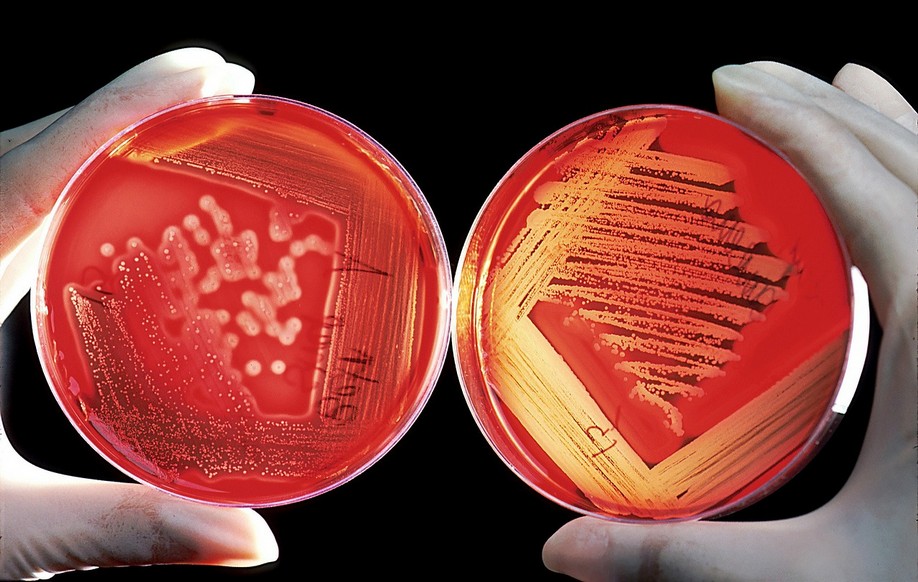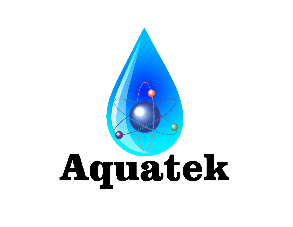How will I know if my drinking water contains E. coli?
How will I know if my drinking water contains E. coli?
Q:
How will I know if my drinking water contains E. coli?
A:
Since you are asking about E. Coli we are going to assume you are on a well. You should always have your well tested once a year! It is an important safe guard against the possibility of getting really sick. We can assist you in testing your well just give us a call. 772-538-0284

E. coli (Escherichia coli).
“E. coli is a type of fecal coliform bacteria commonly found in the intestines of animals and even humans. E. coli is short for Escherichia coli. The presence of E. coli in water is a strong indication of recent sewage or animal waste contamination. Sewage may contain many types of disease-causing organisms.”
The full fact sheet is on the web at: http://www.epa.gov/safewater/ecoli.html
The fact sheet begins with a discussion of one rare strain of E. coli, strain 0157:H7, that has caused serious disease. Fortunately this strain is rarely encountered. The great majority of E. coli strains do not themselves cause disease. However, since E. coli typically grows in the gut of humans, warm-blooded mammals, and birds, and is normally excreted by the billions in their waste, and it normally dies or is eaten by other microbes within a few days or weeks of being released into the environment, then finding E. coli in your drinking water is a good indication that sewage or animal waste was recently in contact with your water. And since sewage and animal waste can carry a wide variety of other microbes, some of which do cause disease, the presence of E. coli suggests that other, more dangerous, microbes might be present.

Public water supplies are usually disinfected with chlorine, ozone, or some other process. Finding E. coli in a public water supply indicates that the disinfection process was not working, or that contact with the waste occurred after the water was treated. If your sample was from a public water supply, you should notify the water supplier. If your sample was from a private well or other source, you should take some actions to protect that source. Suggestions can be found in: USDA Farm: http://www.uwex.edu/farmasyst/

If you suspect the water source, whether public or private, may still be contaminated, you should consider drinking bottled water, or boiling your drinking water, or treating it with iodine, bleach, or disinfection tablets as described in EPA’s fact sheet on emergency disinfection of drinking water.
